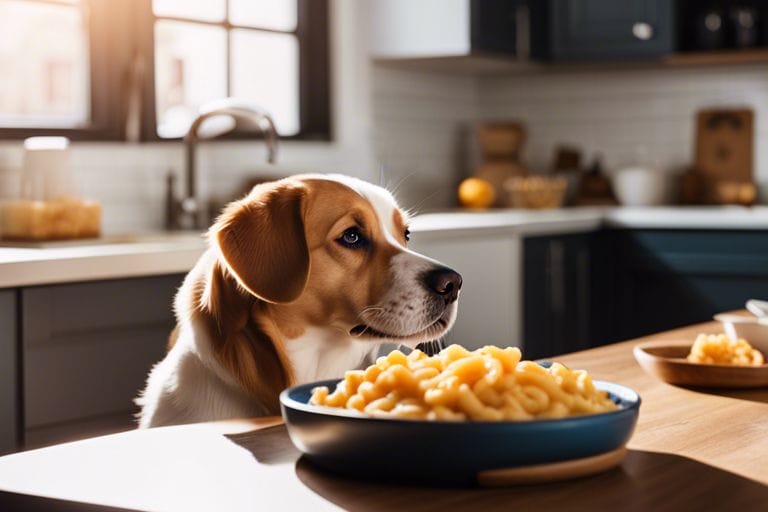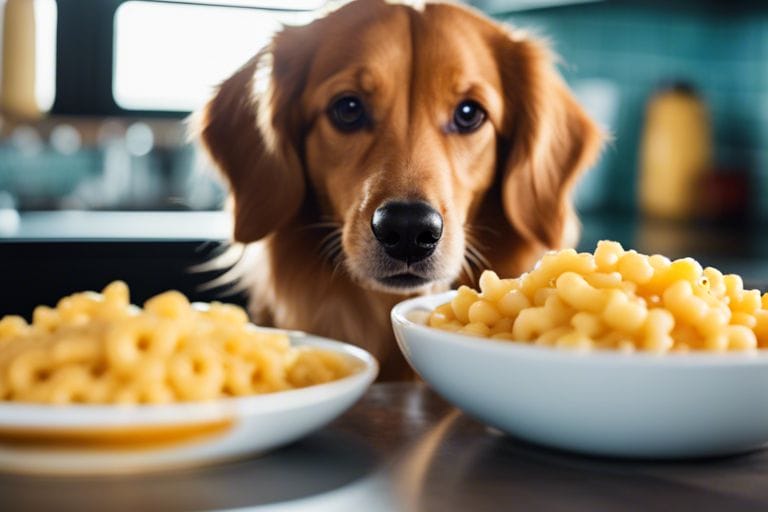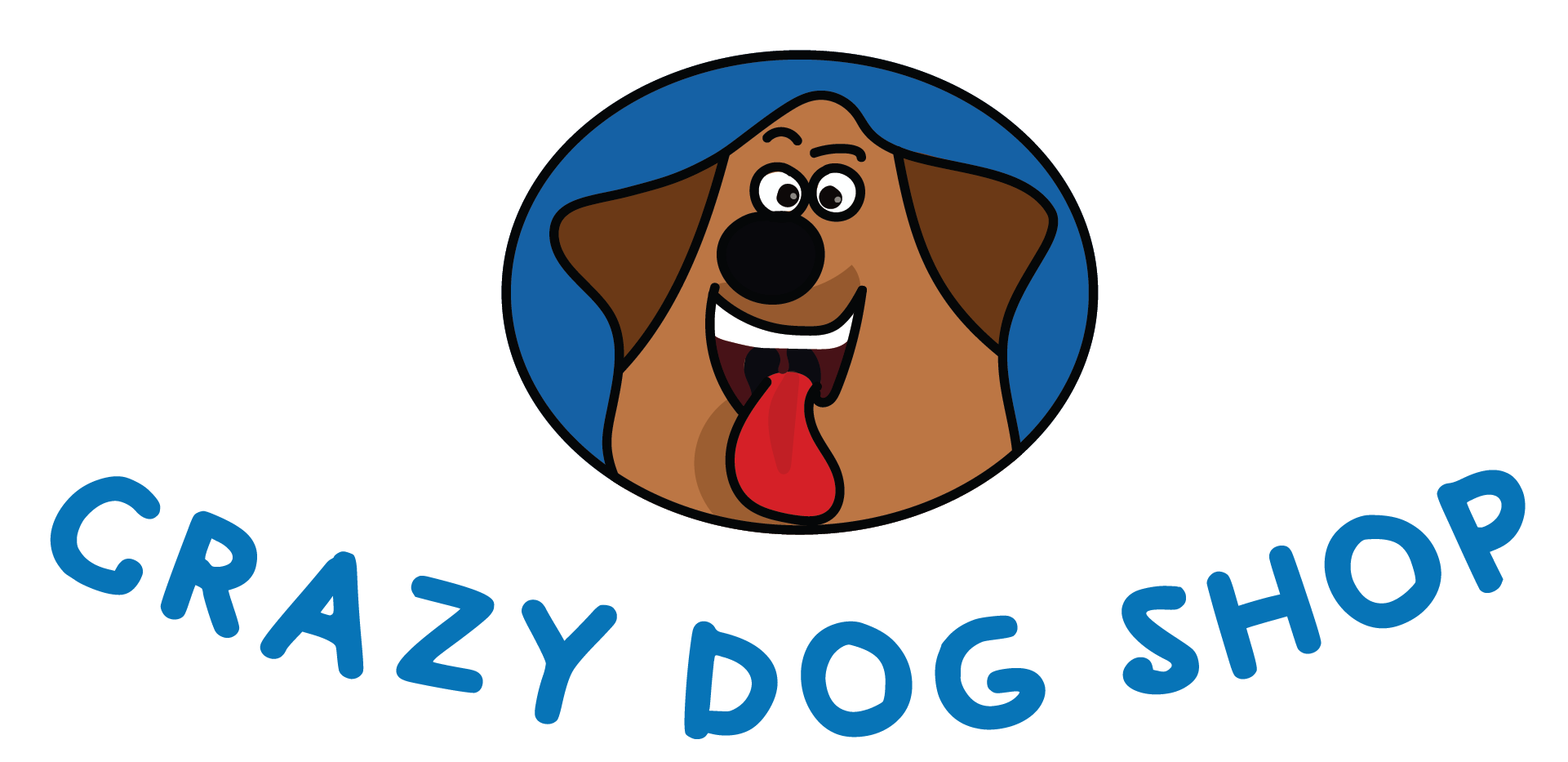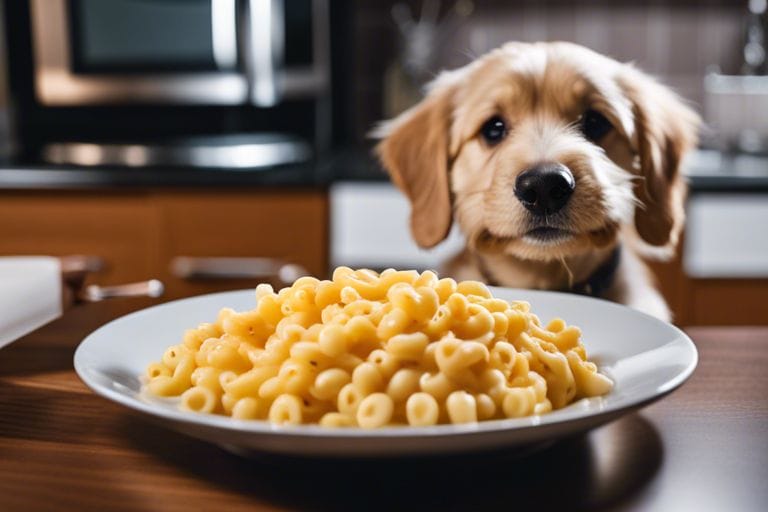Can Dogs Eat Mac and Cheese? Important Guidelines!
Surprisingly, you may be wondering if it’s safe to share your favorite mac and cheese with your furry friend. While it may be tempting to indulge your pup with a cheesy treat, mac and cheese should not be a regular part of your dog’s diet. Cheese and macaroni can cause digestive issues, obesity, and even poisoning in dogs. The high fat and lactose content in cheese can lead to pancreatitis and gastrointestinal upset in dogs. Additionally, some mac and cheese products contain ingredients like onions and garlic, which are toxic to dogs. It’s essential to keep your canine companion safe and stick to a balanced, dog-friendly diet.
Key Takeaways:
- Avoid feeding your dog mac and cheese: While small amounts may be okay as an occasional treat, it is not a suitable regular meal for dogs due to high fat and sodium content.
- Be cautious of potential adverse reactions: Dairy products like cheese can cause digestive issues in dogs, such as diarrhea and vomiting. Additionally, the high fat content in mac and cheese can lead to pancreatitis in dogs.
- Stick to dog-friendly alternatives: Opt for safe and healthy treats specifically designed for dogs, such as cooked lean meats, vegetables, and fruits, to ensure their nutritional needs are met without causing harm.
Understanding Mac and Cheese
If you are a dog owner, you may have asked yourself whether it’s safe to share some of your favorite foods with your furry friend. Mac and cheese is a popular comfort food enjoyed by many, but can it be included in your dog’s diet? To make an informed decision, it’s essential to understand what mac and cheese is and how it can impact your dog’s health.
Ingredients of Mac and Cheese
Mac and cheese typically contains macaroni noodles, cheese, butter, and milk. While these ingredients are safe for human consumption, they may not be suitable for your dog’s digestive system. Cheese can be high in fat and lactose, which can be difficult for dogs to digest. The noodles and butter also add to the overall fat content, which can lead to digestive issues and obesity in your dog if consumed regularly. Moreover, some mac and cheese recipes may include ingredients like garlic, onion, or seasoning blends, which are toxic to dogs. It’s important to be mindful of all the ingredients present in mac and cheese before sharing it with your furry friend.
Nutritional Value for Humans vs. Dogs
When it comes to nutritional value, mac and cheese may be a comfort food for humans, but it doesn’t offer the same benefits for your dog. While it can provide energy due to its carbohydrate and fat content, it lacks essential nutrients that your dog needs for a balanced diet. Cheese, the main ingredient in mac and cheese, may be high in protein and calcium for humans, but it can be harmful to your dog’s health due to its fat and lactose content. In comparison, your dog’s diet should primarily consist of high-quality protein, healthy fats, and essential vitamins and minerals that support their overall well-being. Feeding your dog mac and cheese regularly can lead to nutritional deficiencies and health issues in the long run.
Can Dogs Eat Dairy?
Some dogs can tolerate dairy products, while others may experience digestive issues. It’s important to understand how dairy can impact your dog’s health before feeding him any type of dairy product.
Lactose Intolerance in Dogs
Just like some humans, some dogs are lactose intolerant, which means they lack the enzyme lactase needed to properly digest lactose, the sugar found in dairy products. If your dog is lactose intolerant, consuming dairy can lead to gastrointestinal upset, such as diarrhea, gas, and bloating. Therefore, it’s crucial to pay attention to how your dog reacts to dairy and avoid it if he shows signs of lactose intolerance.
Dairy Alternatives for Canines
If you’re concerned about the potential risks of feeding your dog dairy, there are several dairy alternatives you can consider. Some suitable alternatives for your dog include lactose-free milk, yogurt, and cheese, as well as dairy-free options such as almond milk or coconut milk. These alternatives can provide your dog with the nutrients found in dairy without the negative side effects of lactose intolerance. It’s important to introduce any new foods to your dog’s diet slowly and in moderation to avoid any potential digestive issues.

Mac and Cheese Additives and Dog Health
After learning about the potential risks of feeding your dog mac and cheese, it’s important to consider the additives and their effects on your dog’s health. Mac and cheese often contains a variety of additives, such as preservatives, artificial colorings, and common spices and seasonings, that can have adverse effects on your dog’s well-being. Understanding these additives and their potential impact is essential in making informed decisions about what foods to offer to your furry friend.
Effects of Preservatives and Artificial Colorings
When it comes to mac and cheese, some varieties may contain preservatives and artificial colorings that can be harmful to your dog. Preservatives such as sodium nitrate and sodium nitrite are commonly used to enhance the flavor and shelf life of the product, but they can also have negative effects on your dog’s health. These additives have been linked to an increased risk of certain types of cancer in dogs. Additionally, artificial colorings, such as Yellow 5 and Red 40, have been associated with allergic reactions and behavioral issues in dogs. It’s important to carefully read the ingredient list and avoid feeding your dog mac and cheese that contains these harmful additives.
Common Spices and Seasonings: Potential Hazards
Many varieties of mac and cheese contain common spices and seasonings that can pose potential hazards to your dog’s health. Ingredients like garlic and onion powder, often used to enhance the flavor of mac and cheese, can be toxic to dogs when consumed in large quantities. These spices and seasonings can cause digestive issues, anemia, and other serious health problems in dogs. When feeding your dog mac and cheese or any other human food, you should always be mindful of the ingredients and avoid those that could be harmful to your pet.

Safe Feeding Practices
Keep in mind that not all human foods are safe for your furry friend, including mac and cheese. While cheese is generally considered safe for dogs in moderation, it’s essential to be aware of the potential risks associated with feeding this dairy product to your pet. For more information on the safety of cheese for dogs, you can read the article Can Dogs Eat Cheese? from PetMD.
How to Offer Human Foods to Dogs
If you decide to share human foods with your dog, including mac and cheese, it’s crucial to do so in moderation and with caution. To avoid potential health issues, remember to introduce new foods slowly and in small portions. Always ensure that the foods you offer are safe and suitable for your dog’s consumption. Additionally, consider discussing your dog’s diet with a veterinarian to get personalized recommendations and guidelines.
When to Consult a Veterinarian
If you notice any unusual symptoms or changes in your dog’s behavior after feeding them mac and cheese or any other human food, it’s advisable to seek veterinary advice promptly. Symptoms such as vomiting, diarrhea, lethargy, or any signs of discomfort should not be ignored. Your veterinarian can provide the necessary guidance and medical support to address any potential health issues that may arise from feeding your dog human foods.
Can Dogs Eat Mac and Cheese? Important Guidelines!
On the whole, it is best to avoid feeding your dog mac and cheese. While small amounts may not be immediately harmful, the high-fat and high-calorie content can lead to digestive issues and obesity in the long run. Additionally, the cheese in mac and cheese may cause lactose intolerance or other digestive sensitivities in some dogs. If you do decide to give your dog a small taste of mac and cheese, it is essential to monitor for any adverse reactions and only do so sparingly. As a responsible pet owner, it is important to prioritize your dog’s health and well-being by sticking to a balanced, nutritionally-dense diet specifically formulated for their needs.
FAQ
Q: Can dogs eat mac and cheese?
A: No, dogs should not eat mac and cheese. While a small amount of plain, cooked macaroni may be safe for dogs, the cheese sauce typically contains ingredients that are harmful to dogs, such as garlic and onions. Additionally, the high fat content in cheese can lead to digestive issues and obesity in dogs. It’s best to avoid feeding mac and cheese to your furry friend.
Q: What are the potential risks of feeding mac and cheese to dogs?
A: Feeding mac and cheese to dogs can pose several risks. The cheese sauce may contain ingredients like garlic and onions, which are toxic to dogs and can cause gastrointestinal upset, anemia, and other serious health issues. The high fat content in the cheese can also lead to pancreatitis and obesity in dogs. Additionally, the pasta itself can be difficult for dogs to digest, leading to gastrointestinal discomfort and potential blockages.
Q: Can I give my dog any alternative to mac and cheese as a treat?
A: Yes, there are plenty of dog-friendly alternatives to mac and cheese that you can offer as a treat. You can try giving your dog small pieces of plain, cooked pasta without any sauce. Additionally, you can offer them plain, cooked vegetables like carrots or green beans as a healthy snack. It’s important to avoid giving your dog any foods that are high in fat, sodium, or contain toxic ingredients. Always consult with your veterinarian before introducing any new foods to your dog’s diet.

